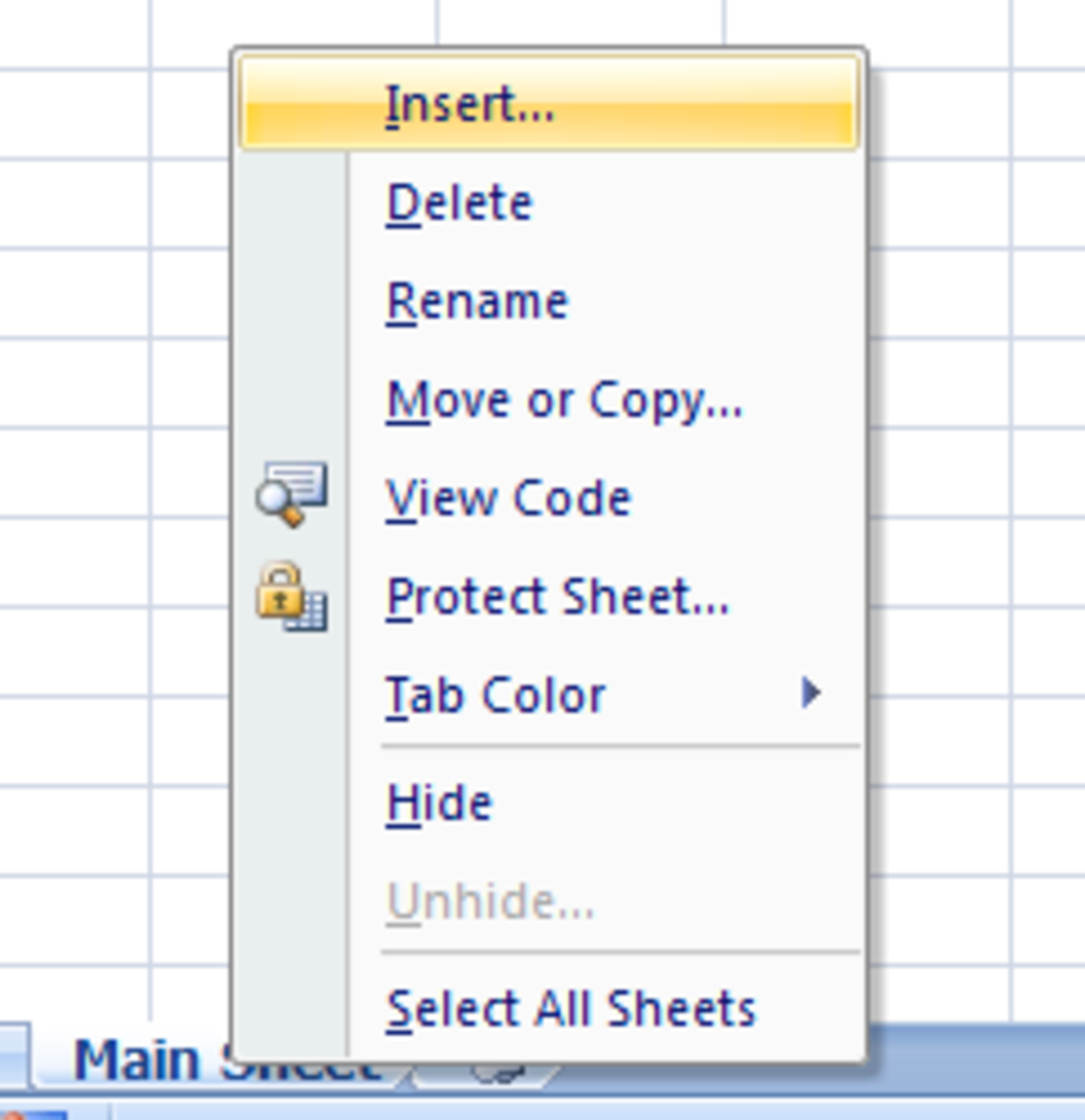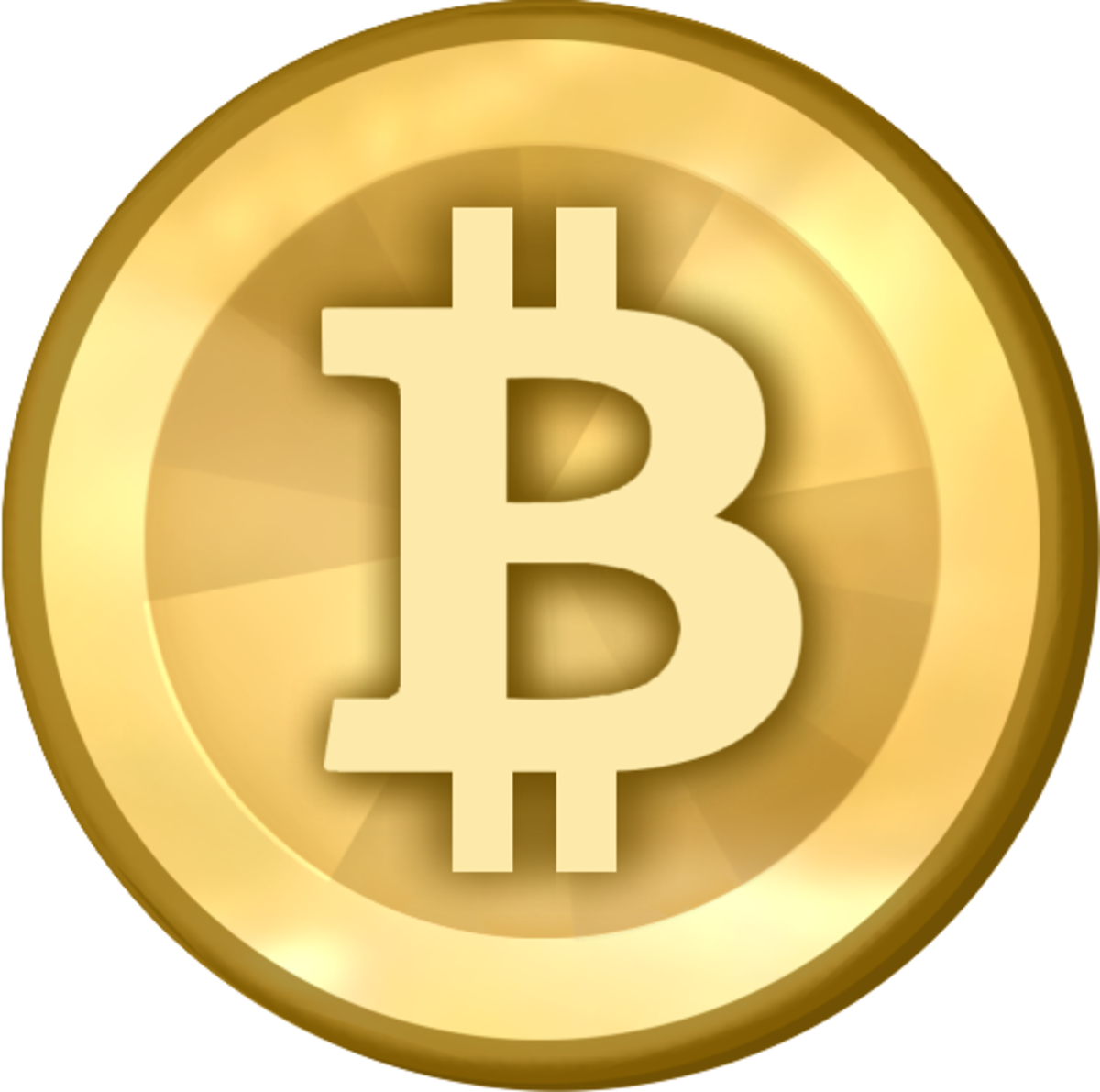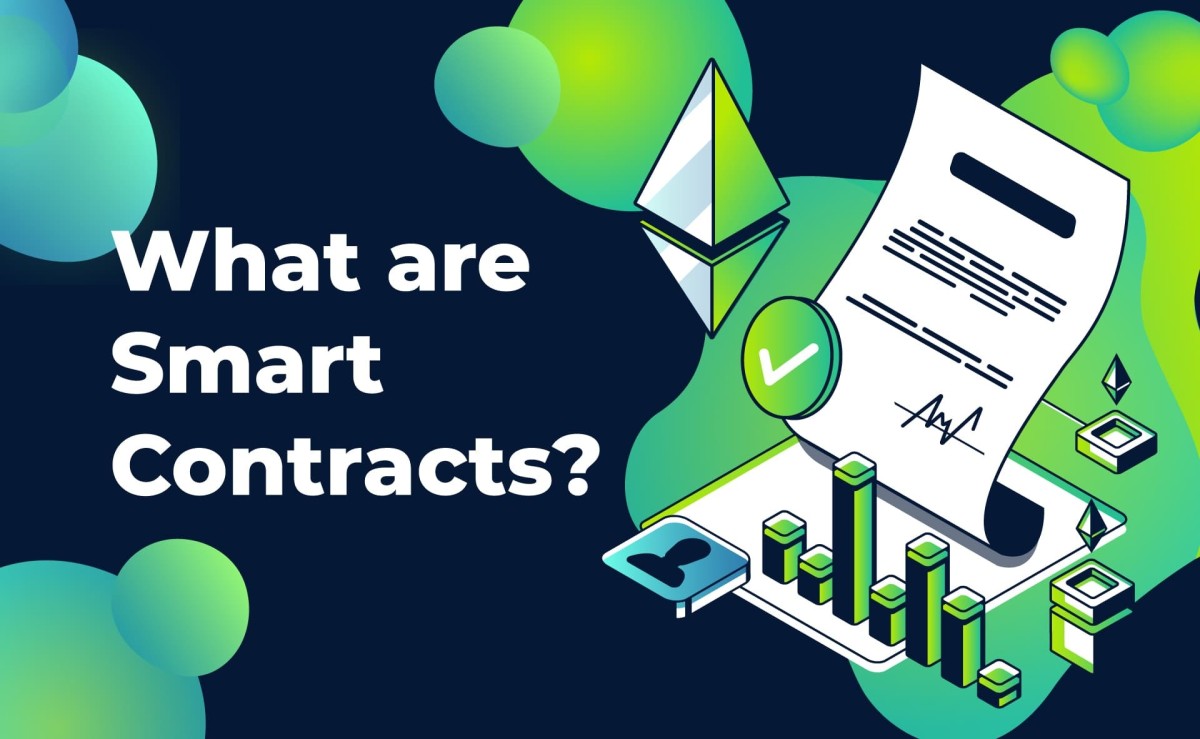Quick Explanation: Bitcoin
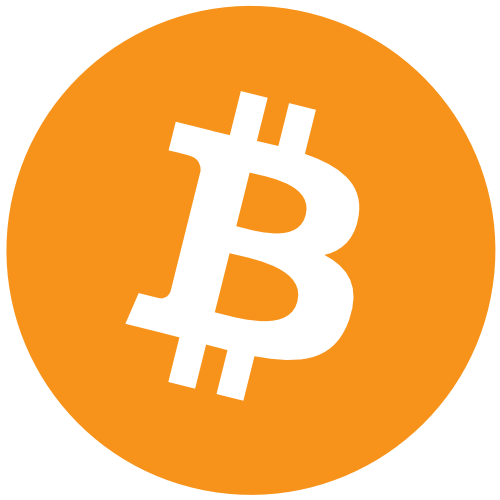
The Quick Explanation series seeks to explain certain topics of history, current events and economics in a concise, basic and straightforward manner that most people will be able to understand. Quick Explanation articles are not meant to be comprehensive summaries or offer expert analysis.
What is Bitcoin?
Bitcoin is a peer-to-peer digital, software-based virtual currency which was introduced in 2009 by an anonymous programmer known as Satoshi Nakamoto. The easiest way to describe it would be as the "cash of the internet". Bitcoin can be used to purchase real-world items from any merchant or individual that accepts it as payment. Bitcoin has no fixed value, and its price fluctuates constantly. No person or entity has central control over it, which is why it is referred to as peer-to-peer.
Bitcoin transactions are transparent and their details can be seen by anyone. And yet, Bitcoin allows the people who engage in the transaction to remain anonymous. Bitcoin offers some benefits over paying for an online transaction with, say, a credit card. For one, there are no credit card transaction fees. Funds can also be transferred immediately, bypassing the traditional banking system.
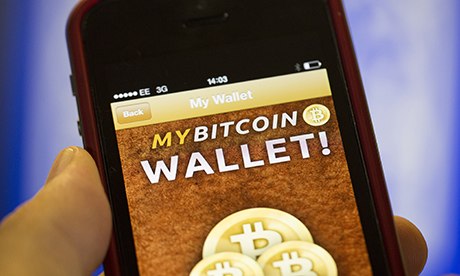
How do bitcoin transactions work?
Bitcoin transactions happen using encrypted programming code known as the bitcoin protocol."Physical" bitcoins do exist, although they are essentially a novelty item with no additional value. They will usually have a bitcoin private key (or digital credential; you could say that this is the actual bitcoin) printed somewhere on it. The private key and public key are the two pieces of code which make up your bitcoin and which you use to prove your ownership of it. Protecting your private key is very important to prevent theft, as someone who gets a hold of your private key can spend all of your bitcoin.
All bitcoin transactions are recorded in a public ledger. This ledger is a computer file known as a block chain. "Bitcoins" are really entries in the block chain, and outside of it, they do not physically exist. Individuals known as "miners" verify bitcoin transactions for authenticity and help keep the system viable. People who engage in mining are rewarded with newly created bitcoins and sometimes with transaction fees as well. These new bitcoins will stop being generated once a limit of 21 million bitcoins is reached (this is expected to happen around the year 2140). Once a miner verifies a bitcoin transaction, it is added to the block chain. Mining is getting increasingly competitive, and is best done using specialized, automated hardware.
How do I get bitcoins?
Besides mining, you can obtain bitcoin by exchanging regular currency for bitcoin at a Bitcoin ATM or an online exchange. You can also get it by accepting it as payment in exchange for goods or services. However, before you get your hands on bitcoin, you'll need a bitcoin wallet. This is client sofware in which you can store the digital credentials for your bitcoin, and which is inseparable from the block chain.
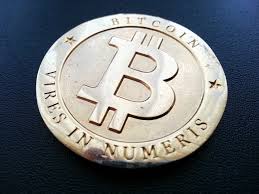
What is the legal status of bitcoin? Are there risks associated with it?
Bitcoin is legal to use in most countries in the world. Some nations regulate bitcoin. Some view it as an alternative currency, while others view it as a commodity. The United States is one of the more bitcoin-friendly countries around, while China does not consider bitcoin a legitimate currency. Bitcoin is widely used for illegal transactions, sometimes involving money laundering, drugs or other criminal activity.
There are some risks to using bitcoin, as there is no central authority regulating it. Large numbers of bitcoins have been stolen from digital wallets and online exchanges. Once bitcoins are stolen, there is little chance of getting them back, and bitcoin balances are not protected or insured by agencies such as the FDIC. In 2014, Tokyo-based exchange Mt. Gox had to declare bankruptcy in the wake of the theft of hundreds of thousands of its customers' bitcoins. In early 2015, $12 million worth of Bitcoin was stolen by an online, underground illegal drug marketplace.
You cannot "print out" bitcoins and lock them in a safe to prevent theft, as it is a purely digital currency. You can sell your bitcoin and convert it into conventional cash. Bear in mind that the value of bitcoin in relation to hard currency (such as dollars) is fluid and can swing wildly up and down, much like a commodity.
What merchants accept bitcoin?
An increasing number of "brick-and-mortar" stores and businesses are accepting bitcoin as a form of payment. In the "Links" section below, we have included a few websites that list physical businesses that accept the digital currency. Below are some online merchants that currently accept bitcoin:
- OkCupid
- Overstock.com
- Tiger Direct
- Wordpress
- Zynga
Bitcoin resources and reference
- Bitcoin FAQ
- Bitcoin.org's list of bitcoin wallets
- Long list of places that accept bitcoin
- CoinDesk - Current Bitcoin Values
The CoinDesk Bitcoin Price Index provides the latest and most accurate bitcoin price using an average from the world's leading exchanges. - Blockchain - Chart with values in USD
- SpendBitcoins - Places that accept bitcoin
The world's largest directory of bitcoin accepting businesses, with ratings and reviews - this is your one stop place to find where to spend bitcoins. - A place where you get redirected to free dogecoins (an alternate virtual currency)


